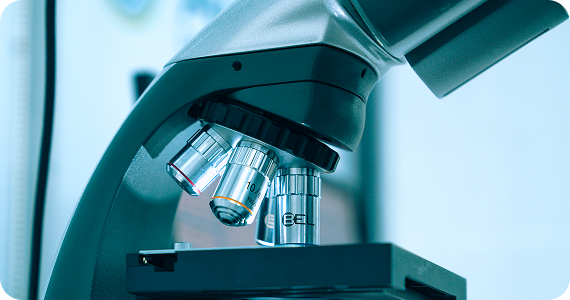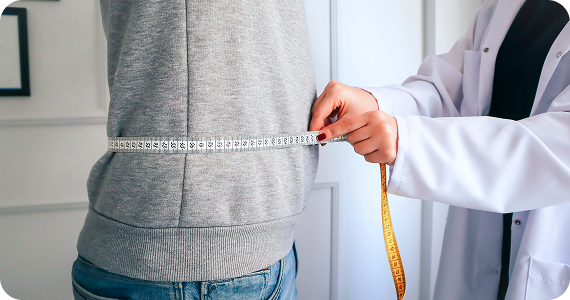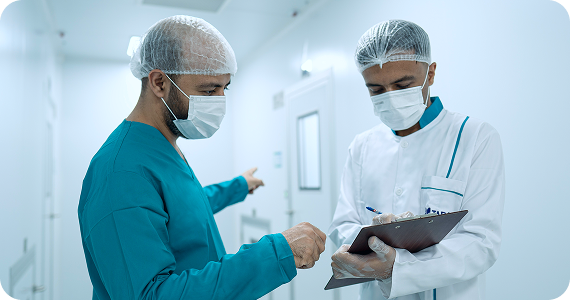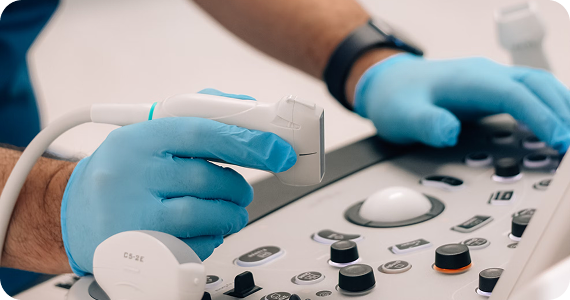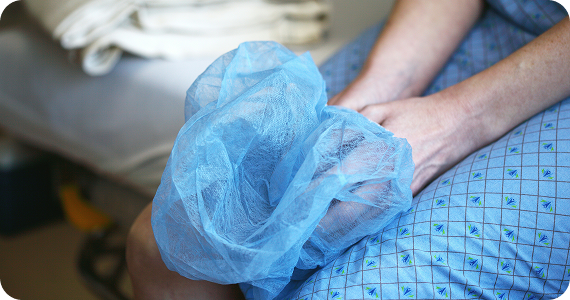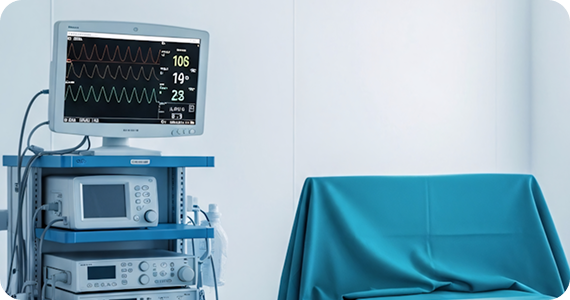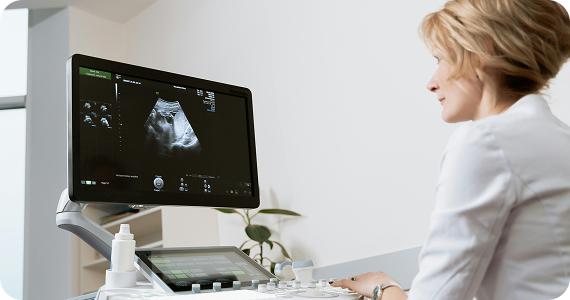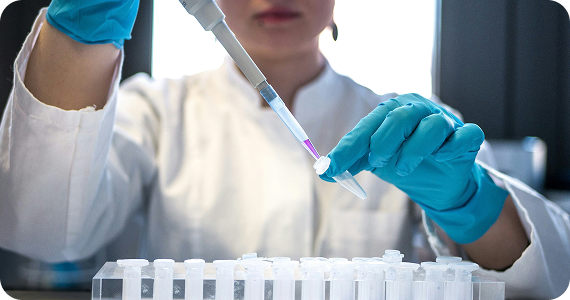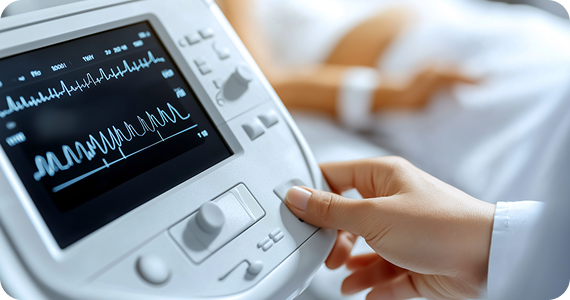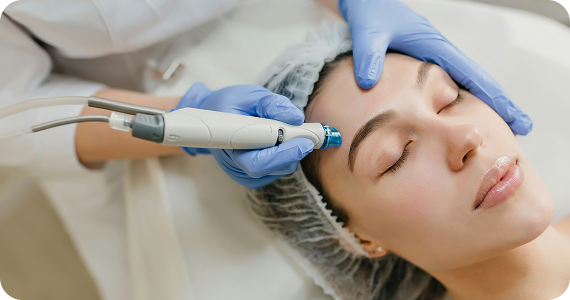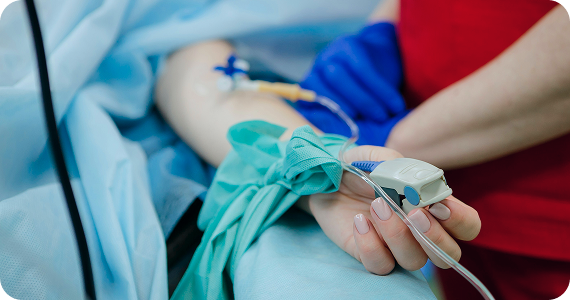How is a check-up performed? On the first day of your health screening, we start in the morning on an empty stomach with an appointment lasting approximately two hours. This includes:
- Thyroid Ultrasound Examination
Approximately one in three people develop thyroid nodules or inflammations, which can significantly affect metabolism and, in rare cases, lead to thyroid cancer.
- Ultrasound Examination of the Cerebral Vessels
Detection of vascular stenosis and calcifications, as well as assessment of the risk for strokes and other vascular diseases.
- Lymph Node Ultrasound Examination
Early detection of cancers, particularly leukemia, and identification of chronic infections.
- Cardiac Ultrasound Examination (Echocardiography)
Assessment of cardiac function, heart valves, and congenital heart defects, as well as detection of circulatory disorders, consequences of hypertension, signs of myocardial infarction, and heart failure.
- Ultrasound Examination of Abdominal Organs
Early diagnosis of diseases affecting the liver, gallbladder, pancreas, kidneys, abdominal vessels, urinary bladder, spleen, and uterus or prostate.
- Ultrasound Examination of the Leg Vessels
Detection of circulatory disorders, assessment of the risk of vascular diseases, and evaluation of varicose veins
Please allow approximately two hours for the second day of examination; fasting is not required.
- Performance of a stress EKG accompanied by continuous oxygen saturation monitoring
- Digital lung function test to assess lung capacity and respiratory function
Following the check-up, we will conduct a thorough consultation to discuss all your results. You will receive comprehensive advice on maintaining a healthy lifestyle, including nutrition and physical activity. Additionally, we will provide you with a detailed report summarizing your findings and our recommendations.
If medically necessary, follow-up appointments will be arranged directly with our personally affiliated, experienced specialists, including but not limited to:
- Cardiology examinations (cardiac catheterization, cardiac CT, cardiac MRI)
- All radiological procedures (including MRI, CT, bone densitometry)
- Gastrointestinal endoscopies (including endosonography and capsule endoscopy)
- Orthopedic evaluations
- ENT specialist examinations
- Ophthalmologic examinations
- Endocrinological assessments
- Nephrological examinations
- Oncological diagnostics and therapies of all kinds
The cost of a medical check-up is generally fully covered by private health insurance, depending on the specific terms of your policy. We are happy to provide you with a detailed cost estimate and assist you with submitting the documentation required for reimbursement by your insurer.
Statutorily insured patients aged 35 and older are entitled to a general health screening every two years, in accordance with national healthcare guidelines. The exact scope of this examination depends on any pre-existing medical conditions and current clinical recommendations.
If you wish to undergo a more comprehensive check-up that goes beyond the statutory provisions – including individual health services (IGeL) – we are pleased to offer a personalized estimate. In such cases, billing is carried out exclusively at the standard (1.0x) rate as defined by the German Medical Fee Schedule (GOÄ).
How Often Should a Check-up Be Performed?
According to leading international experts, healthy individuals under the age of 35 are advised to undergo a comprehensive medical check-up every 5 to 6 years. From the age of 35 onward, preventive health screenings should be performed at least every 2 years to allow for early detection of potential health risks. For individuals with elevated risk factors – such as a family history of disease, pre-existing conditions, or lifestyle-related risk – check-ups should be conducted at shorter intervals, depending on the individual risk profile. In such cases, annual or even semi-annual examinations may be appropriate.


